Early Years
William Thomas Grant was born in Stevensville, PA, and raised in Fall River, MA.
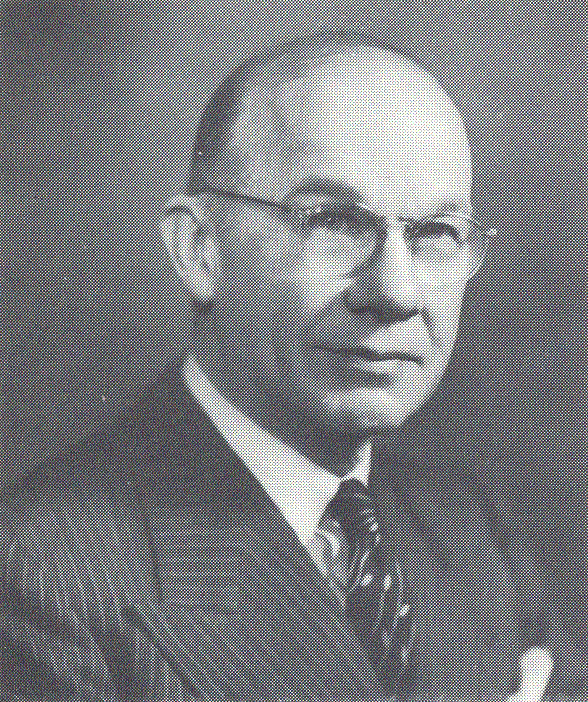
The first W.T. Grant store opened. The chain grew to 1,100 stores across the nation.


The Grant Foundation was incorporated.
“What I have in mind is to assist, by some means, in helping people or peoples to live more contentedly and peacefully and well in body and mind through a better knowledge of how to use and enjoy all the good things that the world has to offer them”
The Foundation funded its first major initiative, the Grant Study of Adult Development at Harvard University. This groundbreaking study of human development followed some of the original subjects for more than 75 years.

The Foundation granted awards to improve opportunities for Black students, including longstanding support for the United Negro College Fund and National Medical Fellowships.

1950s
The Foundation provided early support for Dr. Benjamin Spock’s studies of child-rearing.
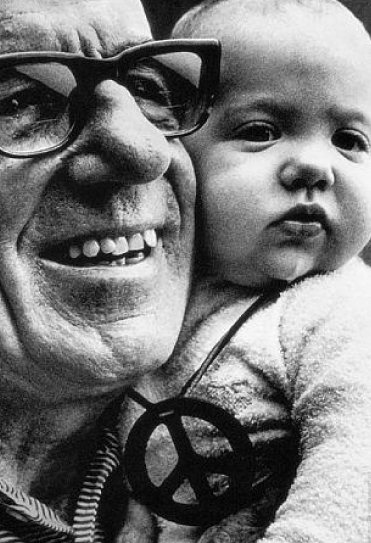
The Foundation supported the work of psychologists John Bowlby, Margaret Mahler, and Mary Ainsworth, who introduced theories of parent-infant attachment and early social-emotional development into the field of child mental health and development.


The Foundation provided support to Hampstead Clinic in London, then under the direction of Anna Freud.
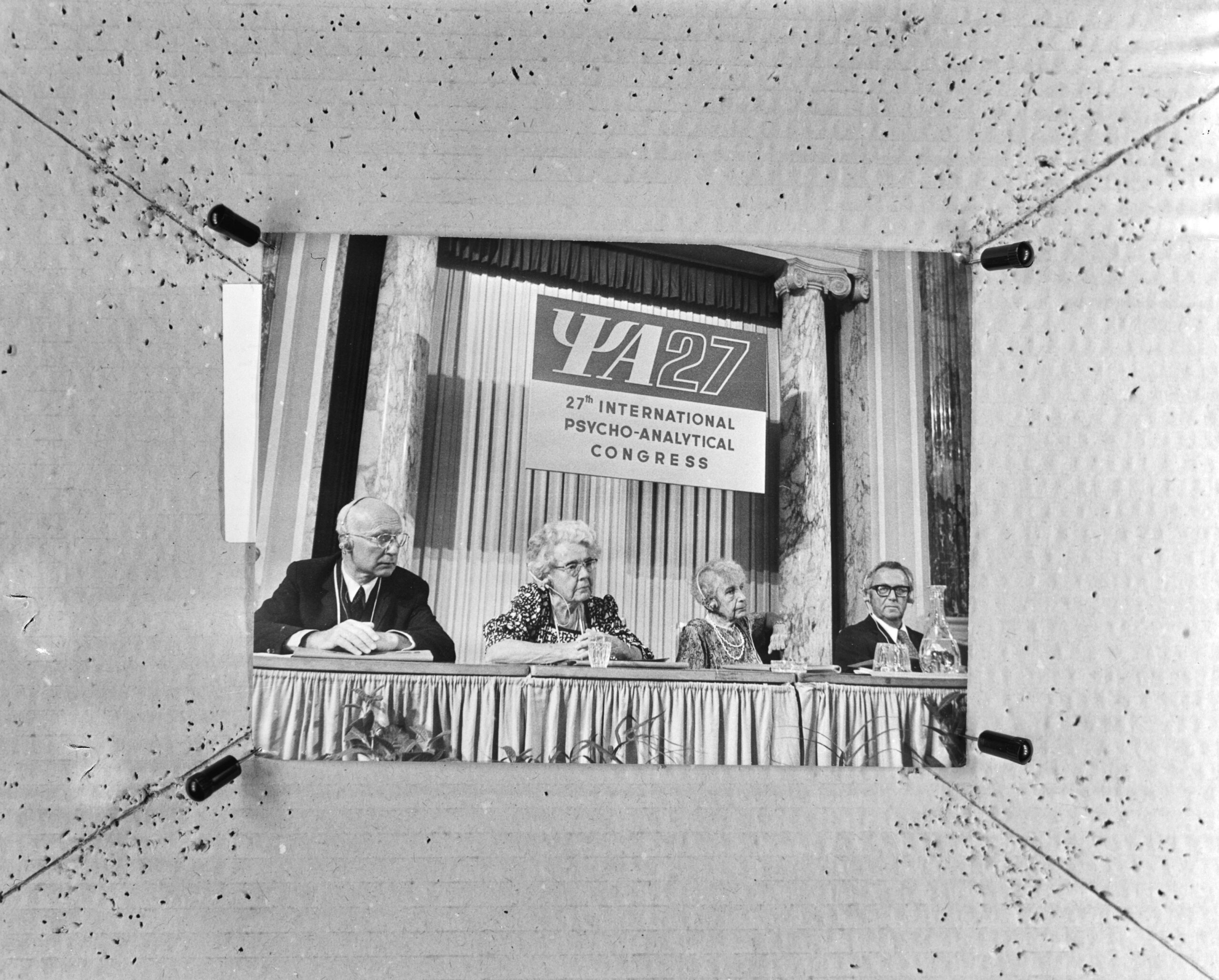
1960s
The Foundation began to support research relating to daycare and preschool education.

Douglas D. Bond, M.D., succeeded William T. Grant as president of The Foundation.
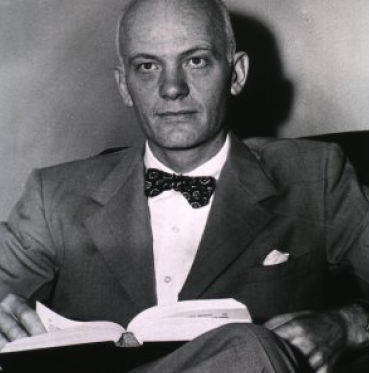
The Foundation supported the first industry-sponsored daycare facility for children of employees of the KLH Corporation in Cambridge, MA.

1970s
William T. Grant died at the age of 96.
The Foundation was instrumental in the creation of the child advocacy group,Children’s Defense Fund. The Foundation’s support of the Mental Health Law Project resulted in a more humane system for treating the mentally ill and the rights of all children to receive an appropriate education.

The Foundation’s support of the Mental Health Law Project resulted in a more humane system for treating the mentally ill and the rights of all children to receive an appropriate education.

Jane Goodall, David Hamburg, and Harry Harlow received support for their studies of primates, thought to be relevant to human psychology and social behavior.


Philip Sepir, former assistant dean at Albert Einstein College of Medicine, was selected as president.
The Grant Foundation changed its name to the William T. Grant Foundation.

1980s
Robert Haggerty, M.D., began his 12 year tenure as president. Under his leadership, the Foundation supported research on how school-age children cope with stress.

The Foundation instituted the Faculty Scholars Program (now the William T. Grant Scholars) as a response to sharp cuts in federal funding of social science research.

The Foundation initiated the Commission on “Youth and America’s Future.” The Commission’s groundbreaking work became known asThe Forgotten Half, which put a spotlight on the plight of the fifty percent of the nation’s children who were not bound for college.

The Foundation publishes “The First Fifty Years: The William T. Grant Foundation, 1936-1986.”
1990s
Beatrix Hamburg, M.D., a psychiatrist who advanced the field of child and adolescent psychiatry, succeeded Dr. Haggerty as president. Dr. Hamburg, the Foundation’s first female president, was also the first African American woman to attend Yale School of Medicine.
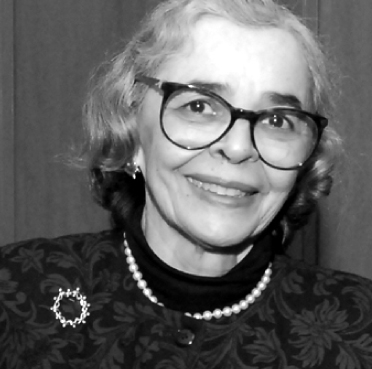
Dr. Hamburg directed Foundation support to focus on the prevention of youth violence and issues facing young people minoritized on the basis of race and ethnicity.
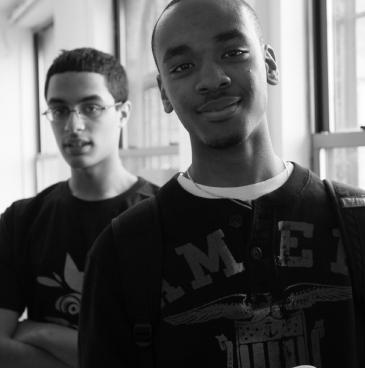
Karen Hein, M.D., a leading physician and health policy expert, began her tenure as president. Dr. Hein’s emphasis was on positive youth development and “helping the nation value young people as a resource.”
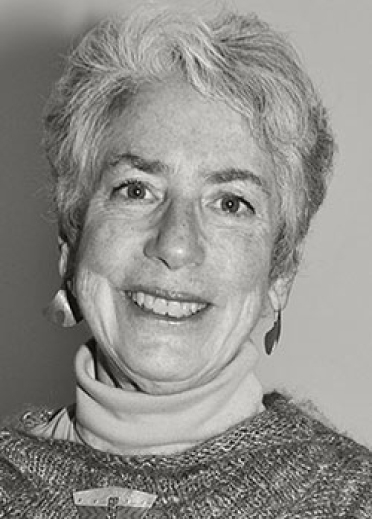
2000s
The Foundation celebrated its first 100 William T. Grant Scholars, 1982-2002.
Robert C. Granger,Ed.D., then the Foundation’s senior vice president for program and an expert in the evaluation of policies and programs affecting children and youth, was appointed president.
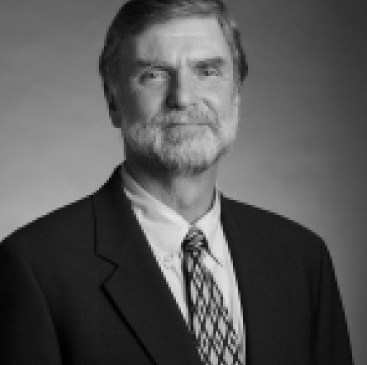
The Foundation supported the development of the Optimal Design Software, used by researchers for power calculations in cluster-randomized trials. The Foundation also established the Distinguished Fellows Program.
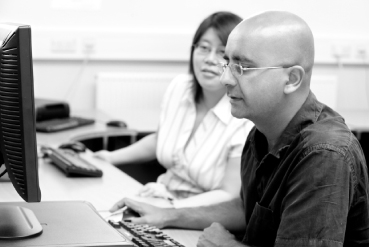
The Foundation established the Distinguished Fellows Program.
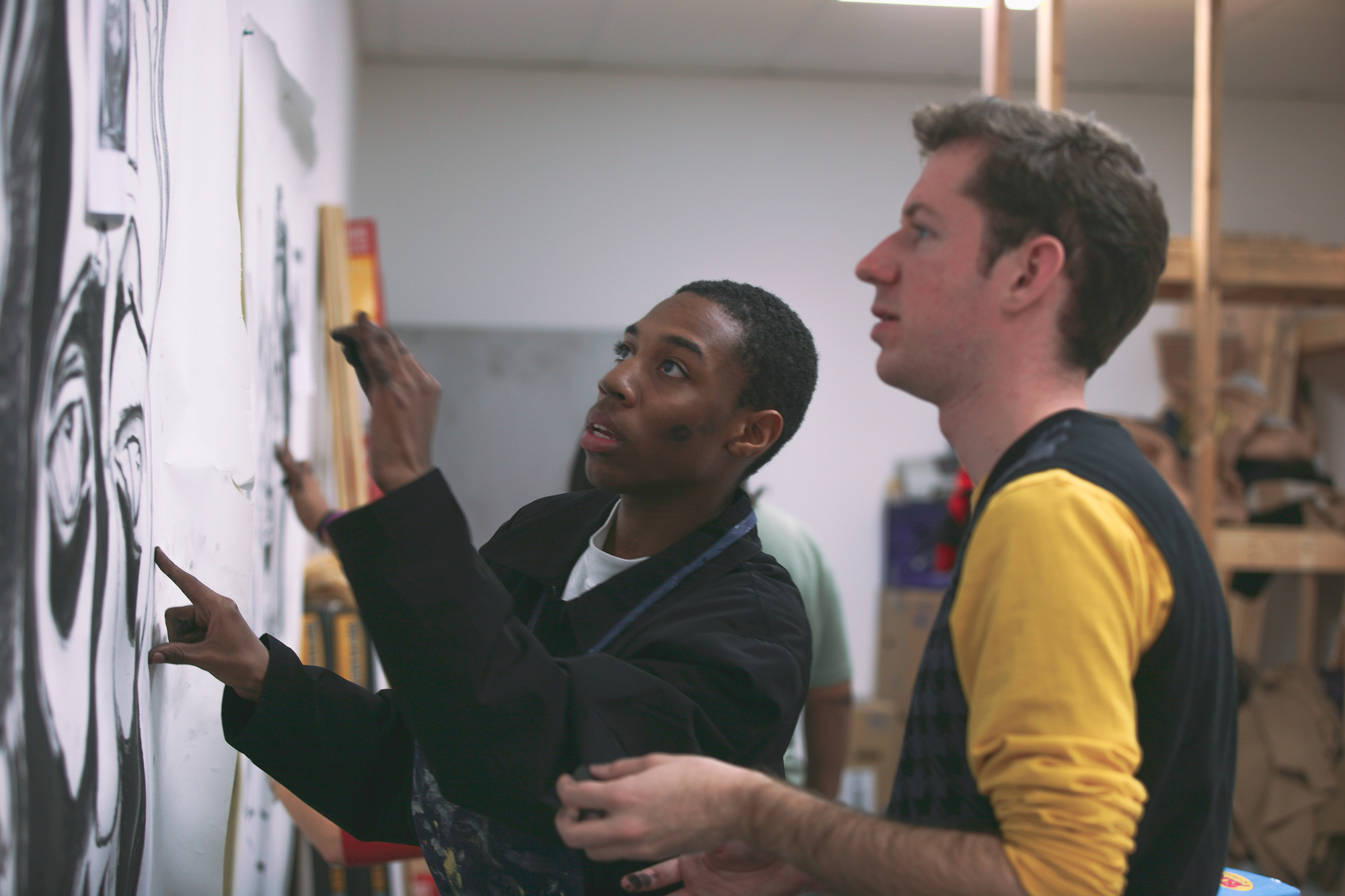
The Foundation established its Youth Service Improvement Grants (YSIG) which help community-based organizations in New York City strengthen their youth-oriented programs.

The Foundation launched a new focus area: Understanding the Acquisition, Interpretation, and Use of Research Evidence in Policy and Practice.
2010s
Adam Gamoran, Ph.D., formerly a professor of sociology at the University of Wisconsin-Madison and a renowned scholar of educational inequality, succeeded Dr. Granger as president.
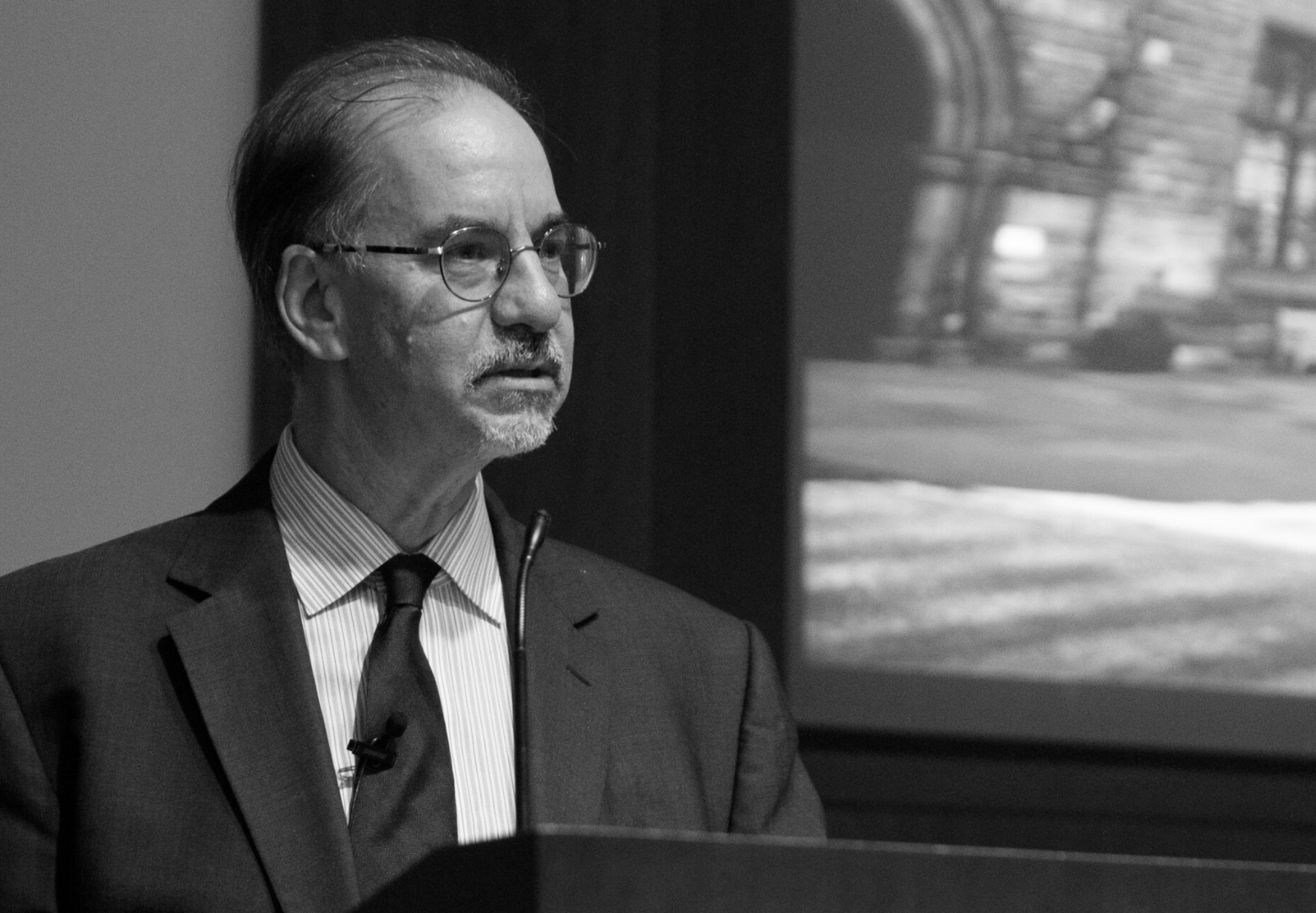
The Foundation launched its focus on reducing inequality in the academic, behavioral, social, and economic outcomes of young people.
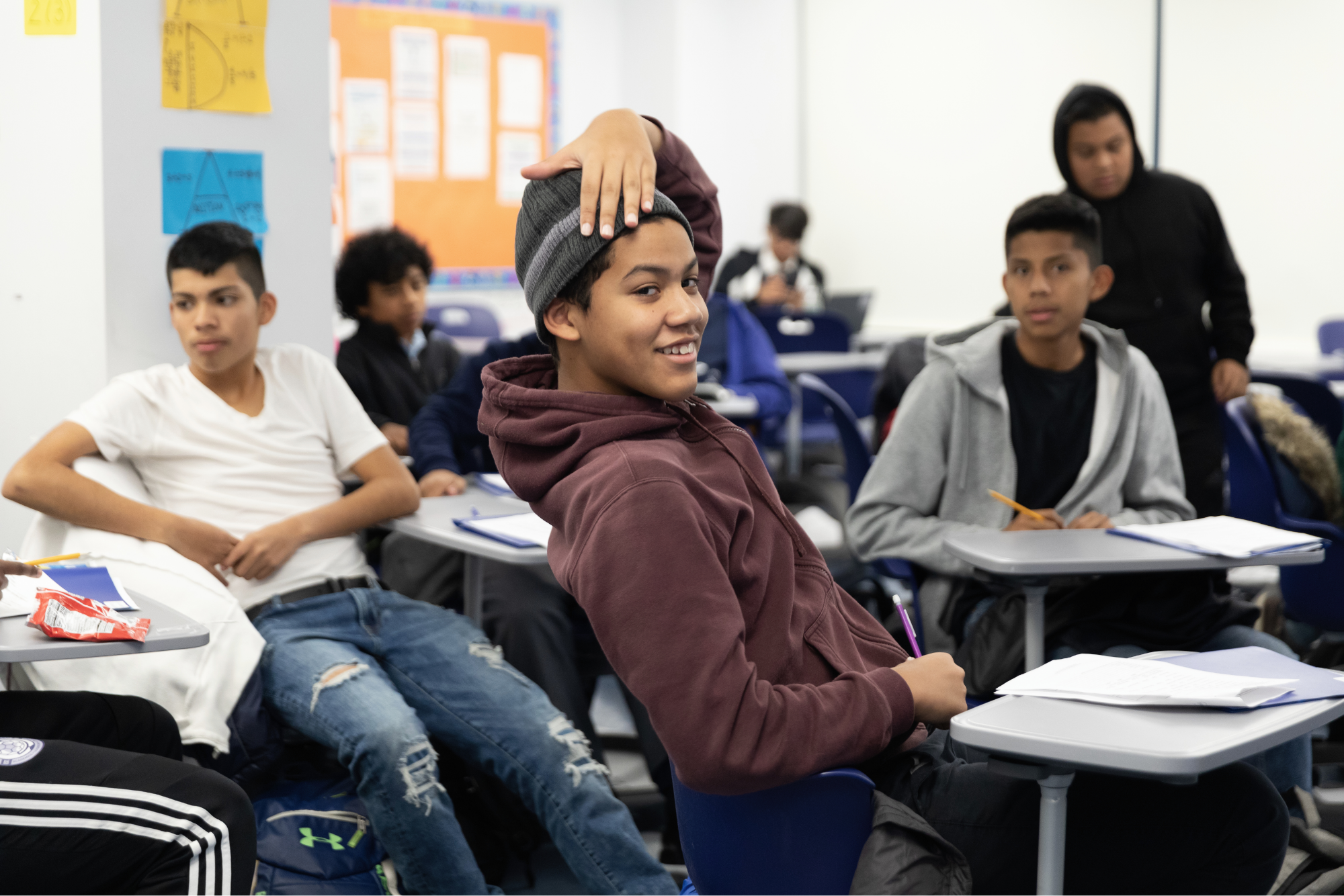
The Foundation calls for research that identifies, creates, and tests strategies to improve the use of research evidence in ways that benefit youth.
The Institutional Challenge Grant, introduced in 2017, encourages university-based research institutes, schools, and centers to build sustained research-practice partnerships with public agencies or nonprofit organizations in order to reduce inequality in youth outcomes.
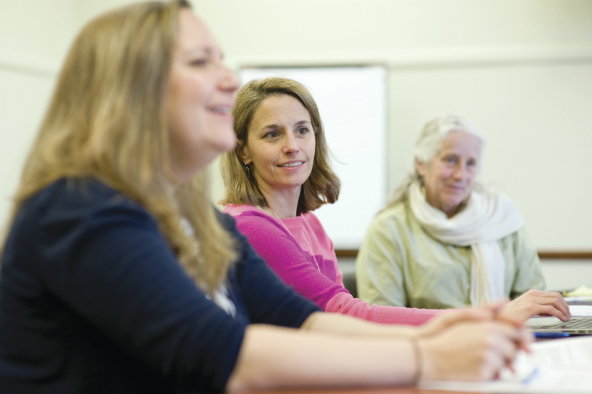
The Foundation developed the Rapid Response Research grants in 2017 to foster agile uses of research to respond to the needs of young people growing up in an uncertain and turbulent social climate. The grants support reviews of existing research, conducted by researchers in collaboration with policy partners, aimed at reducing youth inequality.

In 2018 the Foundation expanded eligibility for mentoring grants to include principal investigators of major research grants. Through the program, William T. Grant Scholars and research PIs develop mentoring skills in collaboration with junior researchers of color, who also grow as scholars.
The Foundation launches the Youth Service Capacity-Building Grants (YSCG) program in support of activities to strengthen the organizational infrastructure of small nonprofit organizations in the five boroughs of New York City that provide direct services to young people ages 5 to 25. The long-term goal of the program is to help build stronger, more stable youth-serving organizations that tackle inequality in youth outcomes.

2020s
2022 marked the first meeting of the Transforming Evidence Network, a collaboration with The Pew Charitable Trusts that unites a global community. TEN now holds biannual conferences that seek to break down silos; speed up our ability to learn across countries, disciplines, and policy sectors; and align efforts to transform the evidence ecosystem so that it is more evidence-informed, coordinated, and impactful.

Following the end of race-based affirmative action in college admissions, we joined forces with the Russell Sage, Spencer, and Hewlett foundations to issue a call for new research on alternative approaches to promote educational attainment and economic mobility among racially, ethnically, and economically diverse groups.

